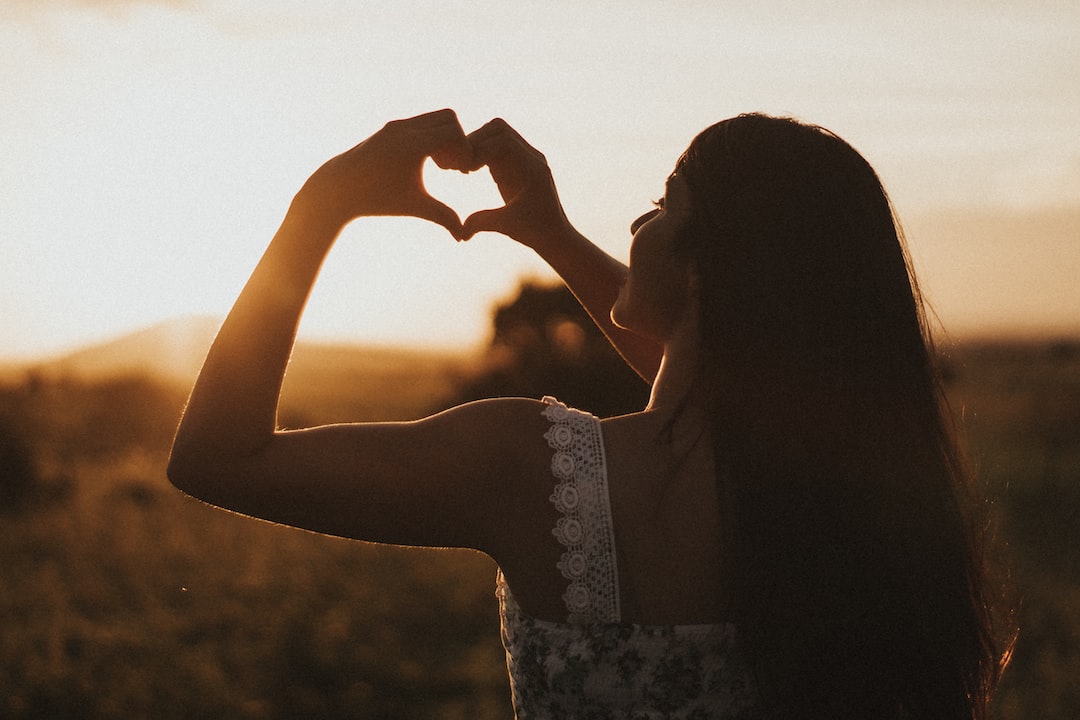Understanding the significance of rituals and ceremonies in religious practices
Religions across the world incorporate various rituals and ceremonies into their religious practices. Whether it be lighting a candle, reciting prayers, or participating in annual festivals, these rituals play a crucial role in enhancing the spiritual experience and connecting individuals to their faith. The significance of rituals and ceremonies cannot be understated as they foster a sense of belonging, provide structure and guidance, and help create a stronger connection with the divine.
Firstly, rituals and ceremonies create a sense of belonging within a religious community. When individuals come together to engage in shared practices, they feel a sense of unity and solidarity. Participating in rituals promotes a feeling of being part of something greater than oneself. This sense of community is especially important when individuals face challenges in their lives or need support. Rituals strengthen social bonds, foster a sense of identity, and provide comfort during difficult times. They allow individuals to connect with others who share their beliefs and values, promoting a sense of belonging within the religious community.
Moreover, rituals and ceremonies provide structure and guidance to followers in their religious practices. They act as a framework that guides individuals in their spiritual journey. Rituals often have specific steps or actions that must be followed, helping individuals focus their minds and energies. For example, the daily prayer ritual in Islam, known as Salah, involves specific physical movements and recitations. This structure helps individuals concentrate on their connection with the divine and provides a framework for their spiritual growth. Additionally, through the repetition of rituals, individuals develop discipline and commitment to their religious beliefs, leading to a deeper understanding and adherence to their faith.
Furthermore, rituals and ceremonies help create a stronger connection with the divine. They provide a physical and tangible way to express devotion and worship. Through rituals, individuals can experience the transcendent and sacred aspects of their faith. For example, in many religions, the act of lighting a candle symbolizes bringing light into the darkness and symbolizes connecting with the divine. Other rituals, such as baptism or initiation ceremonies, mark significant milestones in a person’s religious journey and signify a deeper connection with their faith. These rituals allow individuals to express their devotion and connect with the divine in a profound and meaningful way.
In addition to their personal benefits, rituals and ceremonies reinforce the continuity of religious traditions. Through passing down rituals from one generation to another, religious practices remain alive and vibrant. Ceremonies, such as religious festivals and holidays, serve as reminders of historical events and stories that are significant to the religious community. They help preserve traditions, customs, and teachings, ensuring their survival and enriching the cultural and spiritual heritage of a religious group.
In conclusion, rituals and ceremonies form an integral part of religious practices, carrying significant meaning and purpose. They foster a sense of belonging, offer structure and guidance, and create a stronger connection with the divine. By participating in rituals, individuals find solace and support within their religious community, develop discipline, and connect with their faith on a deeper level. These practices also help preserve religious traditions for future generations. Understanding the significance of rituals and ceremonies is crucial in appreciating the richness and diversity of religious experiences across the world.
